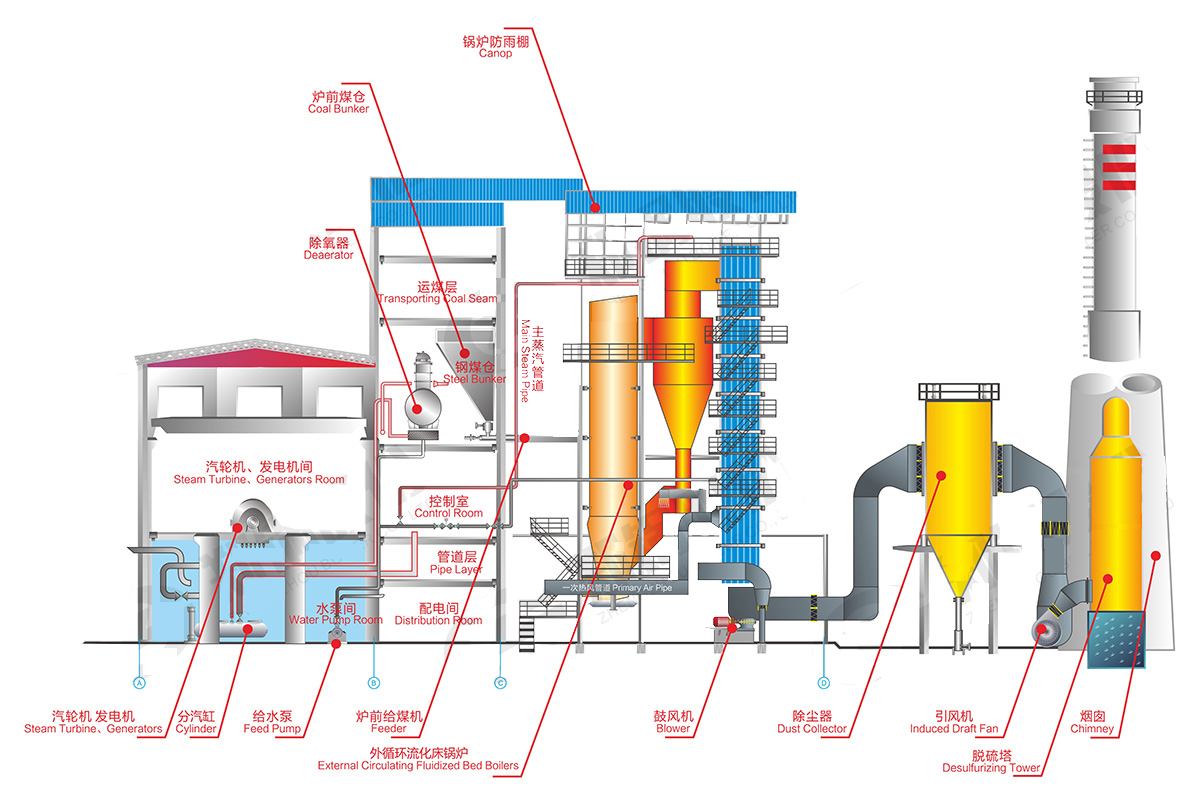Caring for someone with dementia is a demanding yet deeply meaningful role. As the global population ages, the number of people living with dementia continues to rise, placing increasing pressure on informal carers—often family members—and professional care providers. Effective training and support for dementia carers is crucial to ensure quality of care, reduce caregiver stress, and improve the quality of life for both the carer and the person with dementia.
Understanding Dementia and the Role of the Carer
Dementia is a progressive neurological condition that affects memory, thinking, behavior, and the ability to perform everyday activities. Alzheimer’s disease is the most common form, but there are several others including vascular dementia and Lewy body dementia.
Carers provide essential daily support ranging from personal hygiene, medication management, and nutrition, to emotional reassurance and social interaction. Without proper training, carers can become overwhelmed, which may lead to burnout or decreased quality of care.
Importance of Training for Dementia Carers
- Improved Understanding of the Condition
Training provides carers with a deeper understanding of dementia, helping them to better recognize symptoms, manage behavioral changes, and adapt to the evolving needs of the individual. - Effective Communication Techniques
Carers learn how to communicate clearly and compassionately with someone experiencing cognitive decline, using strategies like non-verbal cues, patience, and validation therapy. - Enhanced Problem-Solving Skills
Dementia-related behaviors such as aggression, wandering, or confusion require sensitive and thoughtful responses. Training equips carers with techniques to manage these challenges calmly and safely. - Reducing Stress and Burnout
Knowledge empowers carers, giving them confidence and a sense of control, which can reduce feelings of frustration, helplessness, and fatigue.
Types of Training Available
- In-person Workshops and Courses
Delivered by healthcare professionals, these sessions offer hands-on learning and opportunities for discussion with other carers. - Online Training Modules
Flexible and accessible, online courses often include video demonstrations, quizzes, and downloadable resources. - Accredited Certification Programs
For professional carers, certification in dementia care can improve career prospects and ensure high standards of service.
Support Systems for Carers
Training alone is not enough. Ongoing emotional and practical support is vital to sustain carers in their roles:
- Support Groups
Local and online support groups offer a safe space to share experiences, gain emotional support, and learn from others. - Respite Care Services
Temporary care services allow carers to take breaks, reducing stress and improving long-term caregiving capacity. - Counseling and Mental Health Resources
Carers often face grief, guilt, and anxiety. Access to mental health support can be a lifeline. - Financial and Legal Guidance
Navigating healthcare systems, legal responsibilities, and funding options is often daunting. Many organizations provide dedicated advice services for carers.
Conclusion
Investing in training and support for dementia carers is not just beneficial—it is essential. With the right tools, carers can provide compassionate, informed care while also protecting their own wellbeing. Governments, healthcare providers, and communities must work together to make these resources widely accessible and tailored to the diverse needs of those who dedicate themselves to the care of others.



